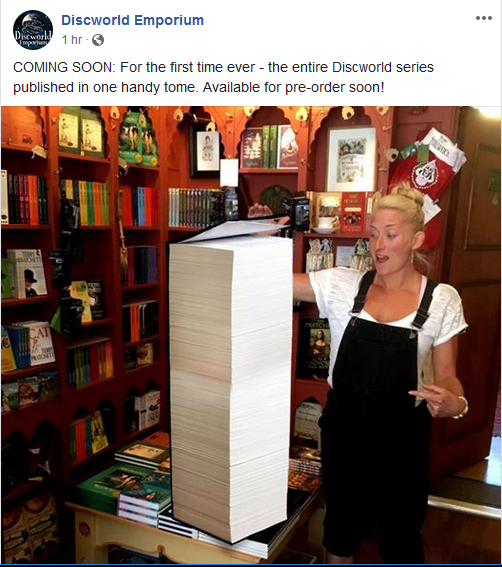Happy April Fool’s Day! It’s the one day of the year when we all scrutinize news reports with an awareness that they might be inaccurate.
Here are some April Fools prank stories from previous years:
- Google Nose, a new search feature based on smell
- Coca-Cola’s new brunch-oriented soft drink flavors: avocado, sourdough, and charcoal
- A new study finding that Drop Bears are less likely to attack people with Australian accents
- Burger King’s Chocolate Whopper, with a flame-grilled chocolate patty on a cake bun
But we should scrutinize news stories every day — and make sure we’re not passing on false information to our readers.
How to identify “fake news”
One of the most famous internet prank stories is the sad tale of the endangered Pacific Northwest Tree Octopus. This rare creature, which looks like a cross between a pine cone and an octopus, lives in treetops. Of course, it doesn’t, but in a famous experiment, most students presented with this website judged the information to be “very credible.”
Take three steps to avoid being deceived:
- Check the source. The website on the tree octopus has this statement on the homepage: “The author of this article and its subsections is Lyle Zapato. This site is not associated with any school or educational organization, other than the Kelvinic University branch of the Wild Haggis Conservation Society.” That’s not a serious source. If the CDC says that vaccines save lives and a mommy vlogger with no medical credentials says they’re dangerous, you should have no trouble determining which source is more credible.
- Check the facts. Students who took time to look for solid evidence would not believe in the tree octopus. Checking for evidence of marvelous cancer cures doctors don’t want you to know about will turn up short. News stories that don’t make it easy to check the facts by referring to their sources are not trustworthy.
- Compare the story with your knowledge of the real world. One of the reasons people believe prank stories is that they fit with previous biases. If you’re able to distinguish between fact and opinion, though, a little common sense can help. Have you ever seen an octopus living in a tree? Do octopi normally live in water or in trees? Surprising information isn’t necessarily false because it surprises you. But information that is contrary to your factual experience should be checked carefully.
Many readers don’t bother to check facts and sources or even to read the news story itself. Many share based just on headlines. This is irresponsible.
Oh — and remember that it’s April Fool’s Day. We’re not going to pre-order this book.



Leave a Reply